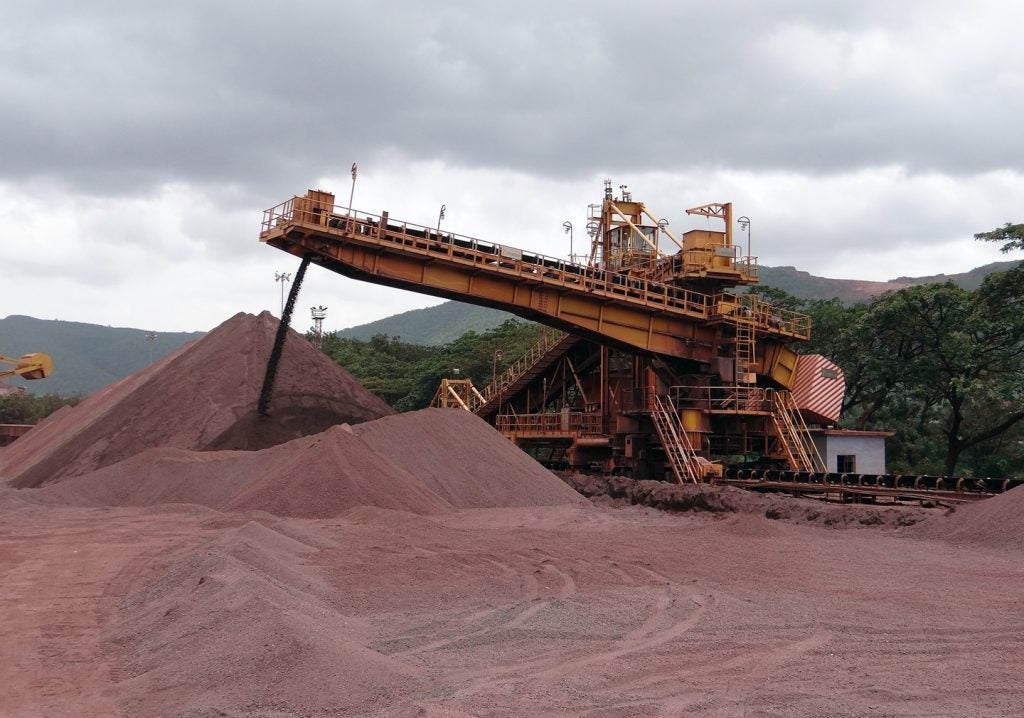The University of New South Wales (UNSW) in Sydney, Australia, has released a report on the potential for a green iron and steel partnership between Australia and Germany.
The report examines the viability of a collaborative venture between Australia and Germany focused on creating a sustainable green iron and steel value chain between the two countries.
This initiative is part of the broader SuSteelAG project, which is supported by the Australian Department of Climate Change, Energy, the Environment and Water (DCCEEW) and the German Federal Ministry of Education and Research (BMBF).
The SuSteelAG project aims to address the growing international interest in establishing sustainable value chains for green iron and steel production.
It leverages the findings of the UNSW-led HySupply study, which is currently assessing the feasibility of a renewable hydrogen supply partnership.
This aligns with Australia's vision to become a renewable energy superpower and supports Germany's aggressive decarbonisation and hydrogen import goals.
Joint project lead Dr Daiyan said: "Australia's collaboration with Germany in developing a hydrogen and green minerals export industry is a pivotal step towards positioning Australia as a renewable energy superpower.”
The UNSW team spearheading the SuSteelAG project has indicated that its initial findings point to a opportunity for a joint venture in the realm of green iron and steel.
The subsequent phases of the project will focus on the various technological avenues for producing these materials sustainably and will conduct a detailed techno-economic analysis of the potential value chain.
This report is the product of collaborative efforts by experts from UNSW's School of Minerals and Energy Resources Engineering and the Australian Research Council Training Centre for the Global Hydrogen Economy.
UNSW School of Minerals and Energy Resources Engineering School head Canbulat said: “This study highlights opportunity in decarbonisation of global steel production. By leveraging Australia’s rich mineral resources and renewable energy capabilities, and Germany’s advanced industrial technologies, this partnership has the potential to redefine sustainable steel production on an international scale.”
Meanwhile, in April 2024, UNSW published new research aimed at helping avert failures in tailings dams.









